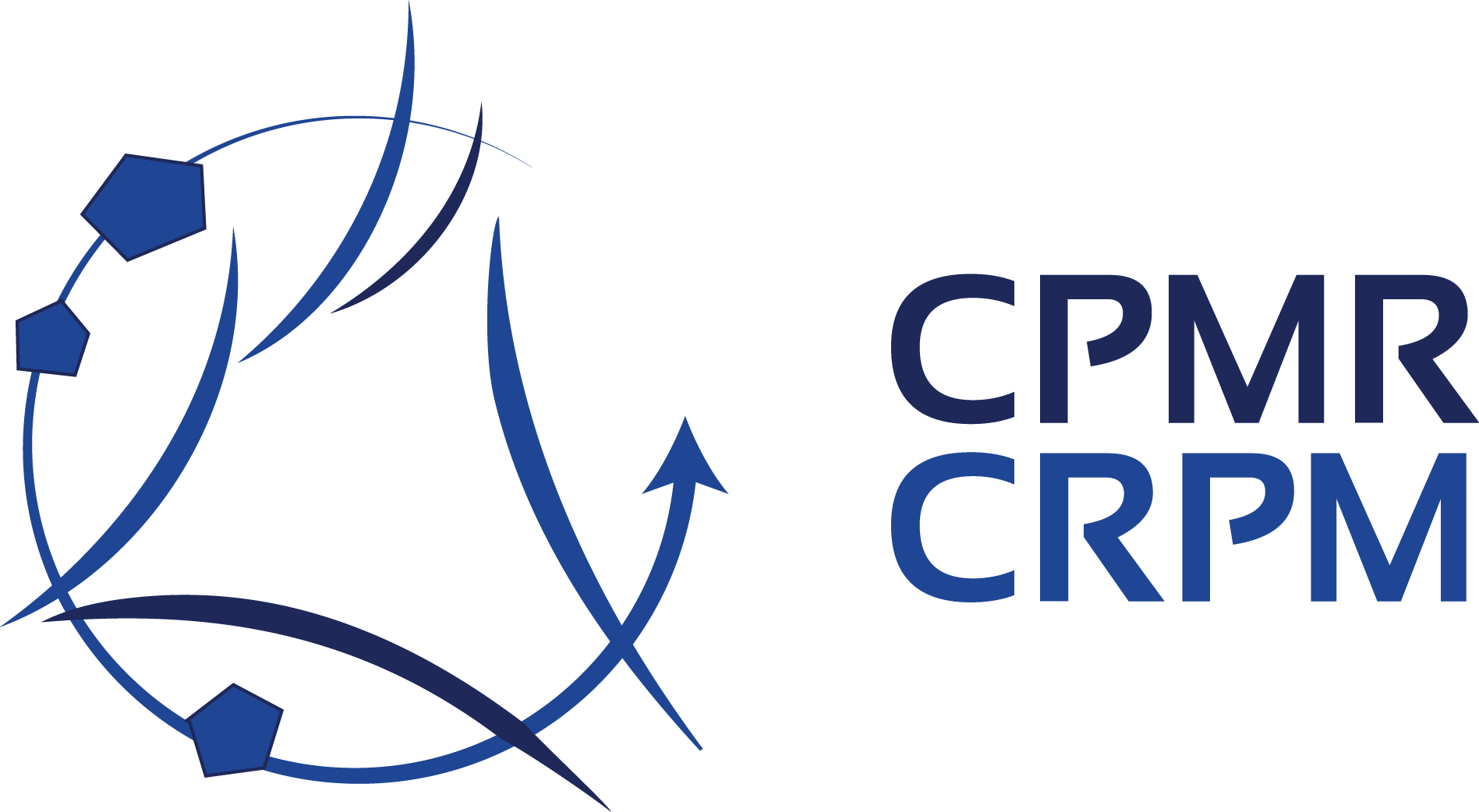What can the shipping industry do to reduce its emissions today and tomorrow?

Co-organised with Renew Europe and the Costa Group, with the support of the Conference of Peripheral Maritime Regions
Tuesday 15 June from 12:30 to 14:00 CEST
Please find HERE the recording of the meeting
With almost 90% of the EU's external freight trade being seaborne, maritime transport and ports play a key role in the EU economy. Furthermore, shipping and ports play an important role for tourism. The EU maritime sector's total economic impact contributed EUR 149 billion to EU GDP in 2018 and supports more than 2 million jobs. Moreover, the Covid-19 pandemic revealed the necessity of resilient uninterrupted supply chains and highlighted the role of maritime freight as critical infrastructure.
The sector, which is regulated at both EU and international level, is still very reliant on fossil fuels, as a system for monitoring, reporting and verifying CO2 emissions from maritime transport is currently under revision. There is overall agreement within the sector on the necessity to contribute to European climate objectives on GHG emissions, to reach climate neutrality in Europe by 2050 and to contribute to the Green Deal. The European Commission's Smart and Sustainable Mobility Strategy puts 2030 as target to get zero-emission vessels ready for the market.
The European shipping industry is making efforts to achieve this necessary transition. Clean technologies and solutions (LNG, shore-power related projects, lithium-ion battery, fuel cell, zero-emission ships) should be adapted to the different types of vessels and naval segments. Research and investment from public and private funding will be essential for a sustainable transition and for deploying zero-carbon maritime transport.
Hosted by SEArica Vice-Chair for Maritime Transport MEP Jan-Christoph Oetjen, co-moderated by SEArica member MEP Caroline Nagtegaal and closed by SEArica Vice-Chair for Outermost Regions MEP Claudia Monteiro de Aguiar, with the participation of MEP Petros Kokkalis, SEArica Vice-Chair for the Blue Economy, Maritime Industries and Ports. The webinar brought together MEPs, representatives from the shipping industry and from the European Commission to discuss available solutions and technologies.
Please find HERE the recording of the meeting
Event Properties
| Event Date | 15-06-2021 12:30 |
| Event End Date | 15-06-2021 14:00 |
| Categories | Conférence 2019-2024,Blue Economy, Maritime Industries and Ports,Maritime Transport,North Sea,Tourism |
| Attachment | SEArica_Decarbonising_the_Shipping_Industry_1006.pdf |
What is an Intergroup?
The Seas, Rivers, Islands and Coastal Areas Intergroup is one of the 27 Intergroups that were approved on 11 December 2019 by the Conference of Presidents for the 9th legislature of the European Parliament. Intergroups can be formed by MEPs from any political group and any parliamentary committee with a view to holding informal exchanges of views on particular issues and promoting contact between MEPs and civil society.
The Seas, Rivers, Islands and Coastal Areas Intergroup brings together more than 100 MEPs from 7 different political groups and 23 Member States.
Intergroups are not Parliament bodies and therefore may not express Parliament's opinion.
Intergroups are subject to internal rules adopted by the Conference of Presidents on 16 December 1999 (last updated on 11 September 2014), which set out the conditions under which intergroups may be established at the beginning of each parliamentary term and their operating rules.










